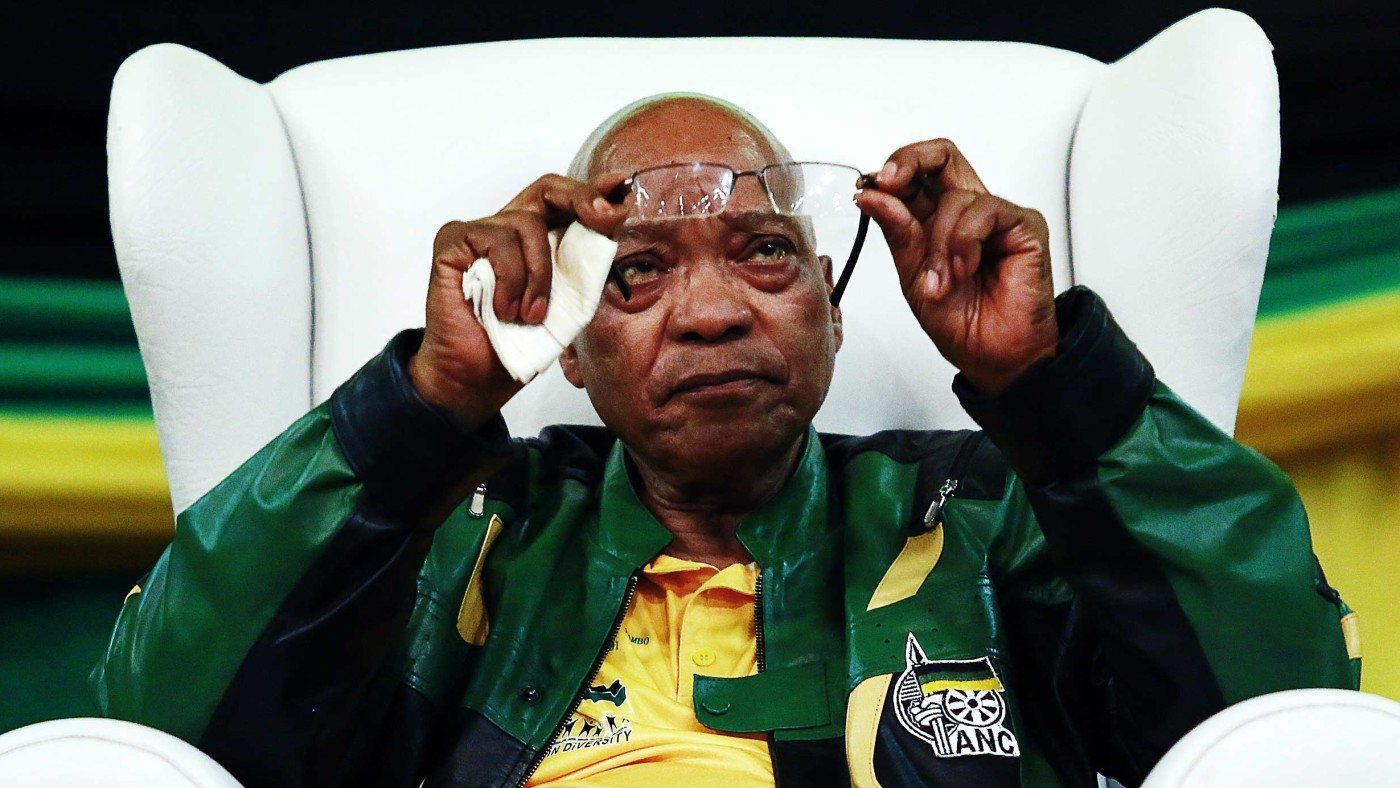South Africa’s main opposition leader, Mmusi Maimane, has accused the African National Congress (ANC) of abandoning its role in establishing a non-racial society.
Maimane is the first non-white leader of the opposition party Democratic Alliance (DA), and has expressed concern that the ANC is repolarising South African society as a tactic to detract from its waning legitimacy.
The ANC is suffering a crisis of confidence due to its errant leader, President Jacob Zuma, who is increasingly taking major political decisions without the approval of his party. The governing party is also overseeing a looming economic crisis: the Rand has lost 26% of its value in the last six months and has bottomed out at just over 23ZAR to the pound. Standard&Poor has cut the country’s credit rating to BBB, and meanwhile the worst drought the country has experienced in decades is set to devastate the crop yield come April.
Former ANC President Nelson Mandela’s address to the National Congress in 1991 implored that “everything has be done to build maximum unity among the forces committed to the perspective of a non-sexist, non-racist democracy; and to ensure that such forces act in unity throughout the process of negotiations”. According to Maimane, the ANC has failed to live up to this mandate to create a non-racial South Africa.
The recent talks on racism came after an estate agent and former DA member called Penny Sparrow posted a comment on Facebook in which she called “the blacks of South Africa” monkeys. The remark caused twitter outrage under the hashtag #RacismmustFall. Maimane delivered a national address on race and identity at the Apartheid Museum in Johannesburg yesterday, and said “Racists are not welcome in the DA. If you’re thinking of the DA and you’re racist, please don’t vote for us”.
He also announced that every existing and new member of the party would be made to sign an anti-racism pledge. As sad as it is that safeguards on equality need to be actively enforced, it is no bad thing to have potential members of government promise to lead their country without an illogical bias. Lingering ‘casual racism’ and the pay gap between white and black peoples in South Africa is still a problem – white families earn around six times an equivalent black family would. But Maimane has maintained his faith in the average South African: he acknowledged that “the vast majority of whites don’t think like Penny Sparrow“, and that “most people in our country, black and white, feel a sense of shared destiny and want this imperfect union to succeed.”
What is most worrying is the response from the ANC.
The ANC stated it intends to propose a specific law criminalizing “any act that perpetuates racism or glorifies apartheid”. This stinks of censorship. The ANC has hurled accusations of racism at those behind the recent Zuma Must Fall campaign, who have organized marches across South Africa in protest at Zuma’s leadership and government corruption. ANC Party national spokesman Zizi Kodwa stated: “They’ve got other interests, such as regime change, and they harbour racist hatred.”
The two campaigns – one to topple racism, one to topple Zuma – are getting dangerously tangled. The concern is now that Zuma and his faction within the ANC will be able to accuse and criminalise those who are making legitimate objections to his governance, which have nothing to do with race. Asking why the President’s house needed to cost £15 million of taxpayers’ money is a legitimate question, not a racist attack. In fact, none of Zuma’s 700 fraud investigations during his political career have revolved around his ethnicity.
Therefore Maimane is right to fear this move. Kodwa has called on all South Africans to “declare war on racism”. This is dangerous rhetoric. There is more than one example in history of a call to arms to stamp out the unsavoury elements of society. It risks dividing South African society among racial lines once again.
As the economy tanks, the last thing South Africa’s already fragile social fabric needs is more apartheid.


